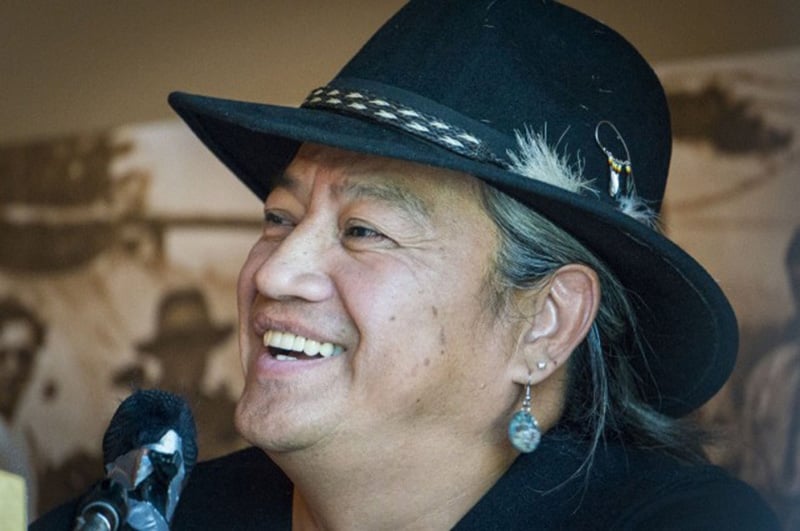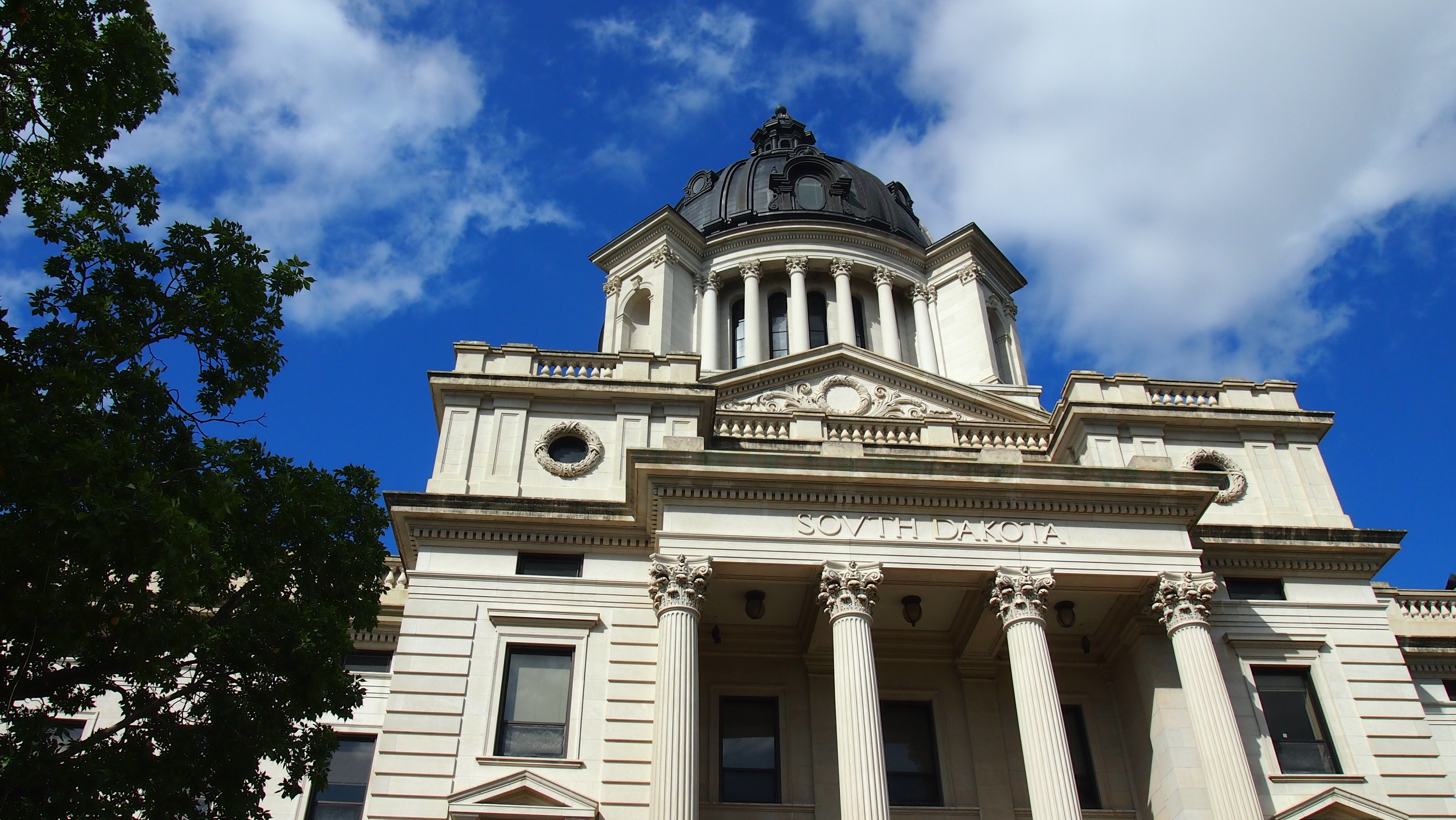The Splatsin, among the first nation to create its own, will share hard-won knowledge in an upcoming webinar.
It’s been over a year since a federal law affirming the right of First Nations, Inuit and Métis peoples to run their own child welfare systems came into force.
Yet over half of the
children in government care nationally and two-thirds of kids in care in
B.C. are still Indigenous, despite making up just 10 per cent of all
children.
Bill C-92 allows communities to create
their own child welfare systems and services, but implementation is just
beginning and no funding is yet confirmed, with the Assembly of First
Nations and federal government still in discussions.
The Assembly of First Nations and the First
Nations Leadership Council have held some information sessions and town
halls on creating and operating child welfare systems in B.C.
But Kukpi7 (Chief) Wayne
Christian of the Splatsin of the Secwepemc Nation said they haven’t
answered all the questions about what it means to have jurisdiction over
child welfare.
And he should know.
Christian helped spearhead a movement in 1980 that saw the Splatsin
become one of the very few First Nations in Canada to create and operate
its own child welfare system. It continues to operate today.
And he’ll share the lessons learned in a two-day webinar for other First Nations Wednesday and Thursday.
“I wanted the opportunity to explain to
people in a learning environment what is it we actually do. And what
does it mean in terms of jurisdiction, because jurisdiction, in essence,
is having the resources and making decisions for your children,” he
said.
“Our Elders told us back in 1979, when we
started the process, this is our inherent law before the white people
imposed their law on us, this is how we did it. And so that’s what we
codified with our Elders at the time, and that’s what we’ve been
operating with now for four decades.
“We know where every child is and who they
are in our community,” said Christian. In the community of about 1,000
people just outside Enderby, B.C., 30 to 35 children are in care at all
times, he said, a rate that hasn’t changed much since the community
numbered 350 in 1980.
“Every child that’s been born in that four
decades, we know. And I think that’s the key is that we know, and then
they know, who they are and who they’re connected to.”
The law — C-92: An Act respecting First
Nations, Inuit and Métis children, youth and families — came into effect
in January 2020 as a result of a national outcry over the disproportionate number of Indigenous youth in care, as well as the federal government’s systematic underfunding of child and family services in First Nations and Inuit communities.
But 39 years earlier, when the Splatsin of
the Secwepemc Nation were pushing for child welfare jurisdiction, it
didn’t have national support.
Instead, it had the support of several B.C. First Nations who joined them
in a caravan to then-deputy premier Grace McCarthy’s Vancouver house on
Thanksgiving weekend to demand jurisdiction over their children’s
welfare.
With help from these nations, along with
George Manuel, then-Grand Chief of the Union of BC Indian Chiefs, human
rights lawyer Louise Mandell and Jacob Marule, an exiled member of the
South African National Congress, the Splatsin were able to hash out a
jurisdiction agreement with McCarthy.
The federal government did not stand in the
Splatsin’s way of reclaiming its child welfare services, and ultimately
the Splatsin’s jurisdiction was federally and provincially recognized.
But the federal government would not allow several dozen other First Nations to follow suit.
“I think there was about 40
to 45 communities, and it would have made a big difference if they were
able to stand up their laws at that time. But Indian Affairs said no to
them,” Christian said.
Which is why the Splatsin of the Secwepemc Nation are holding these webinars.
“It’s our way of thanking people for
helping us back then, because without that groundswell of support from
all the communities, we wouldn’t have been able to achieve what we’ve
achieved back in 1980,” Christian said, adding that Mandell will address
the legal aspects of the win during the webinar.
Many of the roadblocks the Splatsin have
and continue to face in delivering child welfare services are ones that
other First Nations communities will grapple with, too.
For example, retaining control over
services on and off reserve land will mean dealing with both the
provincial and federal governments. As recently as a decade ago, the
Splatsin were in conflict with a provincial government that refused to
acknowledge their jurisdiction over Splatsin children who lived outside
of the community.
“We were going to file a constitutional
challenge,” Christian said, but five years ago the deputy minister of
children and family development agreed to sign a memorandum of
understanding with the nation that reaffirmed B.C.’s acknowledgement of
Splatsin jurisdiction.
Nations will also need to determine how
they used to govern themselves before colonization and how to adapt
those laws into a modern-day child welfare system.
“The essence of what we do and follow is
related to the wisdom of our old people,” Christian said, adding it’s
the same in many other nations.
Then there are several other matters:
federal funding, both initial capital and long-term operating funds;
hiring and training personnel; gathering and storing community members’
data; developing culturally relevant child, youth and family
programming; developing an appeals process; sourcing and funding
temporary caregivers; and liaising with other health and social services
that community members use.
Monty Montgomery, associate professor at
the University of British Columbia’s school of social work, said finding
the right people to work in an Indigenous-run child welfare system
isn’t as easy as hiring for a typical service.
“It can be difficult work. There is a
sacred responsibility in looking after our young people and working with
our young people, our Elders tell us this,” said Montgomery, who is of
Mi’kmaq and Irish-Canadian descent.
“And we need to be trained in ways that we
understand both the culture and the dynamics of the communities, plus
mainstream ways.”
Christian said federal funding has not been
easy to maintain. The federal government still pressures the Splatsin
to change its child welfare system to a Delegated Aboriginal Agency
format, where the offices would be staffed by mostly Indigenous people
but operate under provincial government laws and jurisdiction, he said.
“I really have a hard time with the federal
government, because they don’t understand jurisdiction,” Christian
said. “So when we’re in discussion with them, we’re continuously
educating them in terms of what it actually means.”
Because of the lack of federal funding for
Indigenous child welfare jurisdiction so far, Montgomery predicts some
First Nations will join together to create their own delegated agencies
and apply for federal funding that way. But again, they would have to
operate under provincial child welfare rules. For a band or nation to do
it on their own, Montgomery isn’t sure what operational funding they
could access at the moment.
The barriers are real, and not every
community or nation will be ready to open and operate their own child
welfare system any time soon. But it can be done, Christian said.
“I think at times we get disheartened or so
many roadblocks get put in place that people give up,” he said. “And
you can’t afford to give up on your children, you have a responsibility
to them.” ![[Tyee]](https://thetyee.ca/ui/img/ico_fishie.png)















